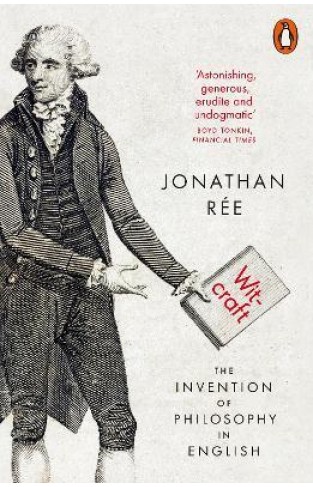This fresh and brilliant history of how philosophy became established in English presents a new form of philosophical storytelling. Rée tells the story of philosophy as it was lived and practised, embedded in its time and place, by men and women from many walks of life, engaged with the debates and culture of their age. And, by focusing on works in English, he shows them to be quite as diverse, inventive and cosmopolitan as their continental counterparts. Compelling intellectual portraits of celebrated British and American philosophers rub shoulders with the remarkable philosophical work of literary writers, such as William Hazlitt and George Eliot, as well as a carnival of overlooked characters - priests and poets, teachers, servants and crofters, thinking for themselves and reaching their own conclusions about religion, politics, art and everything else. The book adopts a novel structure, examining its subject at fifty-year intervals from the sixteenth century to the twentieth. It is full of stories and personalities as well as ideas, and shows philosophy springing from the life around it. Witcraft overturns the established orthodoxies of the history of philosophy, and celebrates the diversity, vitality and inventiveness of philosophical thought.












